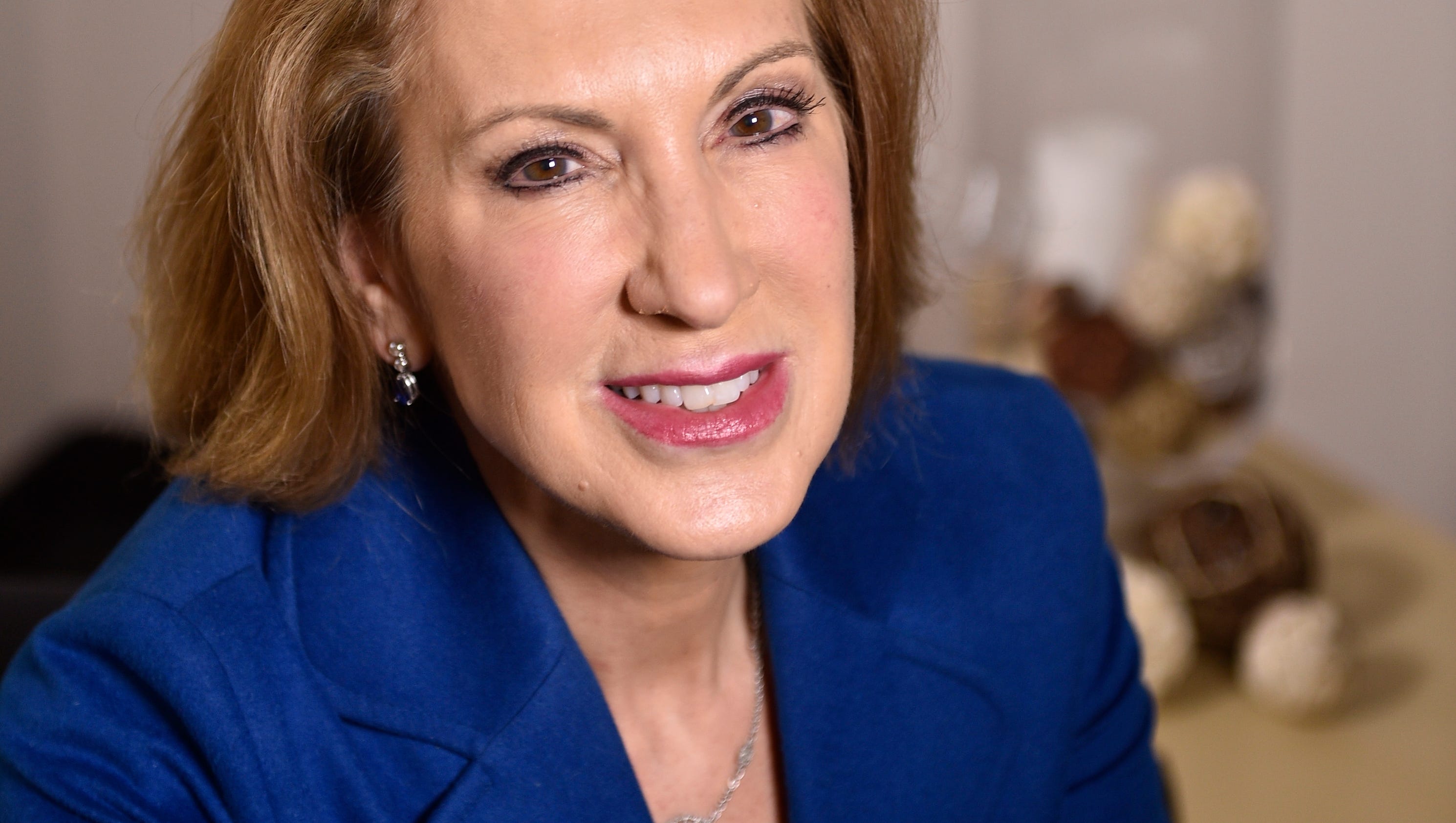I tend to doubt this theory, but an Australian university lecturer says his country's accent came about as a consequence of that nation's earliest English-speaking settlers being drunk all the time:
In an impassioned call for Australian schools to teach verbal expression and delivery, Dean Frenkel, a public speaking and communication lecturer at Melbourne’s Victoria University, said “drunken Aussie-speak” was formed generations ago but has continued to be passed on to children by sober parents. “Our forefathers regularly got drunk together and through their frequent interactions unknowingly added an alcoholic slur to our national speech patterns… Aussie-speak developed in the early days of colonial settlement from a cocktail of English, Irish, Aboriginal and German – before another mystery influence was slipped into the mix.”
Mr. Frenkel suggests that Aussies don't use the muscles in and around their mouths, and as a result they don't articulate certain vowels and consonants the way other English speakers do:
“The average Australian speaks to just two thirds capacity – with one third of our articulator muscles always sedentary as if lying on the couch; and that's just concerning articulation,” he wrote. “Missing consonants can include missing ‘t’s (impordant), ‘l’s (Austraya) and ‘s’s (yesh), while many of our vowels are lazily transformed into other vowels, especially ‘a’s to ‘e’s (stending) and ‘i’s (New South Wyles), and ‘i’s to ‘oi’s (noight).”






